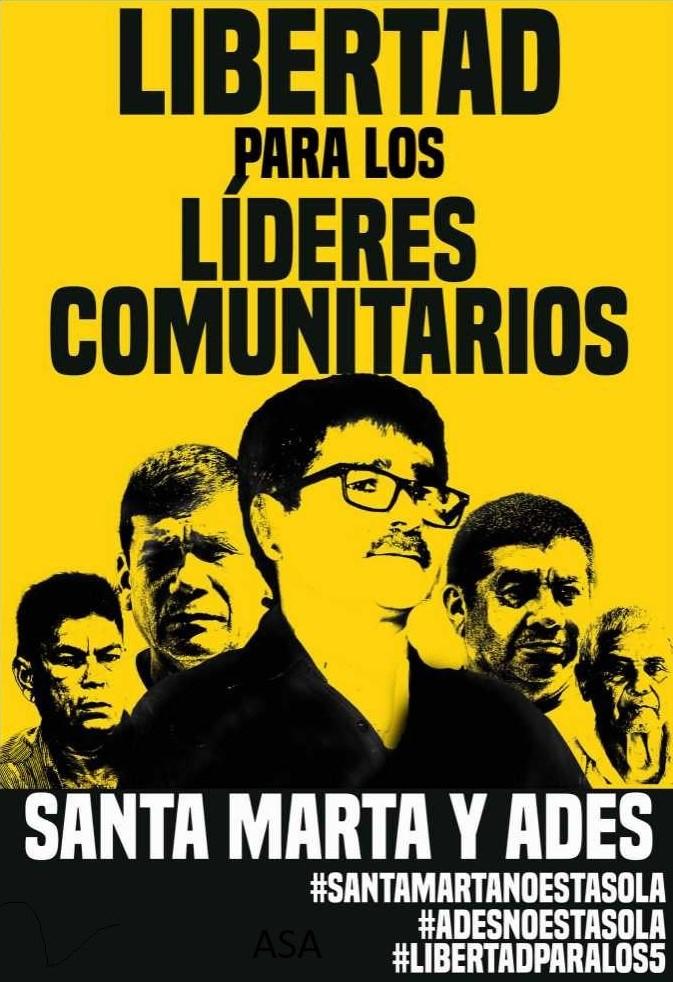Colombia’s first progressive president, Gustavo Petro, initiated a "total peace" program upon taking office in August 2022 to end the nation's long-standing conflict. This initiative involves negotiating with various illegal armed groups that remained after over 13,000 members of the Revolutionary Armed Forces of Colombia (FARC) were demobilized through the 2016 peace accords. These accords, supported by the U.S., ended the Western Hemisphere’s longest conflict (1964-2016), which caused nearly seven million people to be displaced and over 250,000 deaths.
Despite setbacks, negotiations with the largest remaining guerrilla group, the National Liberation Army (ELN), have progressed further than under previous administrations. Talks with dissident FARC factions and other groups are ongoing. The Petro administration has significantly increased efforts and investments to implement the 2016 peace accords. However, many Colombians in conflict-affected areas still suffer from armed group violence and have not benefited from the promises of peace.
Negotiations with criminal groups like the Clan del Golfo have been contentious, with civil society groups criticizing the handling of ceasefires. Challenges to peace include government administrative weaknesses, armed groups' disrespect for civilians, and opposition from a divided Congress. The United Nations acknowledges the government's engagement with armed groups has reduced lethal violence. The Petro administration is improving its negotiation strategies and enforcing stricter ceasefire conditions.
The path to peace remains challenging, as most peace accords fail within five years, though Colombia has surpassed this period with a fragile peace. With global conflict on the rise, continued U.S. support for Colombia’s peace efforts, especially the 2016 accords and ELN negotiations, is crucial for further progress.

